Challenge the future
Summary
Objectives
At Zavod Voluntariat we have been cooperating with ZPM Ljubljana Moste-Polje for more than a year. They have been organizing summer camps for young people from vulnerable groups for many years, and last year they decided to host our international volunteers through the SCI (Servic Civil International) network. We found out that these socially vulnerable groups do not travel much, which prevents them from a broader view of society, knowledge and hinders them from developing social skills. We believe that the youth exchange would contribute to the selected target group’s overall development, which is already slower than that of other peers due to their situation. Thus, the need for an even deeper partnership and greater involvement of international activities in the operation of the ZPM was demonstrated. So we decided with their group of young people to apply for this youth exchange for them. We also helped them find international partners who work with the same target group and where the needs for such a project are the same.
The children and young people who will be included in the exchange program will upgrade their knowledge, learn about a new culture and environment, expand their geographical knowledge and learn some new vocabulary. The exchange program also includes a lot of cross-curricular integration, as it covers 3 areas (environment, technology and interculturalism). Since children and young people cannot afford longer and different trips with their own families within their own resources, we want to enable them to do so. With the program, we also want to upgrade the skills of socializing, behaving and getting to know new cultures and young people, and thus enable them to master this themselves in their adult life.
Social skills are one of the most important skills that open the door to children and young people in the future: finding a job, making new relationships, friendships, starting a family and the like.
The objectives of the Youth Exchange following the Erasmus + objectives are:
- Promotion and strengthening of active (European) citizenship, European values and a sense of belonging to the local / European / global community
- Strengthen the international dimension of youth activities and the role of youth workers and organizations (The project brings together 3 partners who will disseminate knowledge of international projects and good practices and plan the continuation of the project. Through the implemented project and through the establishment of cooperation between different organizations, young people and youth workers will strengthen the quality of youth work and raise awareness of the importance of European citizenship and increase awareness of working with young people with fewer opportunities.)
- Improve the level of key competences and skills of young people (Empower young people with critical thinking skills, which will in the long term encourage and equip us to find deeper reasons for the problems in our lives; Promote active citizenship, intercultural dialogue, social inclusion and solidarity – Through various non-formal learning methods and the assignments given to the participants we will promote intercultural understanding and solidarity and while dealing with current events across Europe with a critical approach we will be learning about the importance of active citizenship.)
- Encourage young people to become involved in the preparation of youth exchange activities through pre-written expectations and preliminary preparation of activities (each partner prepares a specific activity), intercultural evenings (preparation of dishes, display of customs …) In addition, we will constantly monitor our expectations, encourage each other for feedback and co-create the program to meet our needs and expectations as much as possible.
- Empowering young people to become active members at multiplicative activities post-exchange and continue to be involved in environmental and sustainability topics.
Activities
Within the project we will carry out 4 activities. The first activity will be the Team Leaders Preparatory Meeting (APV), where we will be well prepared for 3 youth exchanges. Each partner organization will host one.
Participants in the exchange will be adolescents between the ages of 13 and 17, mostly coming from disadvantaged and socially and economically poorer backgrounds and families, where poor parenting competences also prevail. These young people therefore face daily difficulties in learning and achieving school success and are at increased risk of dropping out.
For each exchange we have chosen our own thematic set: technology, environment and interculturalism. These are the 3 most important areas that young people need to be aware of in the future.
Technology is the future as it evolves rapidly. In the ICT age, socially vulnerable groups are less digitally literate, as they are technologically less equipped and are also unable to develop their potential in the home environment. There is also a lot of cyberbullying and violence online that we try to prevent with our programs. We have developed a digital education program where we teach children and young people digital literacy (use of the Internet, Office programs and more), online abuse, we make them aware of everything that falls under cyberbullying, and those among them who are interested in computer science are even involved in programming workshops. The exchange aims to empower participants in this field so that they can transfer their knowledge and ideas to the home environment.
Environment is the key to human existence. The consequences of climate change seem to be exacerbated, which is why we include many environmental workshops in our programs. We educate children and young people about an ecological and thrifty lifestyle that will keep the planet safe for our future generations. At the exchange we will be able to exchange good practices from different backgrounds and implement them in our own school and home environment. Participants will present the work and good practices they have learnt from peers and other participants to students and teachers who can use them in their classroom.
Interculturalism, however, will be involved in itself. In the recent period, there has been a variety of friction in the media about migrations, which we wish children and young people to critically evaluate. Namely, when misinterpreted, children and young people can be repeatedly victims of political manipulation, which stratifies and further widens the differences between peers, even between the poor and the rich. At the same time, we will learn a lot about tasting dishes, learning about the culture with sightseeing, quizzes and conversations with the participants on the exchange.
The mentioned thematic sets seem appropriate, interesting and current for the time of exchange with us and with our hosting partners. In addition to leisure time (sightseeing, meeting new friends and more), young people will also be part of an educational program that will, in the future, hopefully contribute to social development and possibly help them escape from social and economic exclusion in the future.
Impact
In the light of past experience of all partner organizations have proven to be extremely effective in advancing the learning achievements, autonomy and social inclusion of individuals. The exchange will therefore be an opportunity for an extremely effective upgrade of our programs, which will be for some the first travel experience and will affect the following important areas in the future:
- travel planning
- encouragement, motivation and pleasure in getting to know and learning new languages
- accepting otherness
- comprehending of acquiring new knowledge in life
- breaking stereotypes
- development of geographical abilities and thinking (social and natural-geographical characteristics)
- positive self-image
- training social skills and establishing intercultural dialogue
- transmitting information and describing your own experience
- argumenting one’s thoughts and developing critical thinking
- understanding of important plans and changes in the environment by humans
- good and bad sides of technology and social networks
Of particular importance to this exchange will also be the transmission of messages from young people in their own school, home and public environment. ZPM Ljubljana Moste-Polje will support the message of young people and present it to the general public through the media.
Those (almost all) who will experience this type of travel for the first time will also share their travel experiences in their home circle. In each country, the mentors will make sure that the experince is first introduced to the narrowest circle of the participants upon arrival (family and frinds). We are aware that the parents or caretakers of the participants do not have too much or even any similar experience at all. By presenting their own experience and newly acquired knowledge, they will present to their parents the progress in particular areas, which will further support our work.
Coordinator
Voluntariat Zavod Za Mednarodno Prostovoljno Delo, Ljubljana, Slovenia
Partners
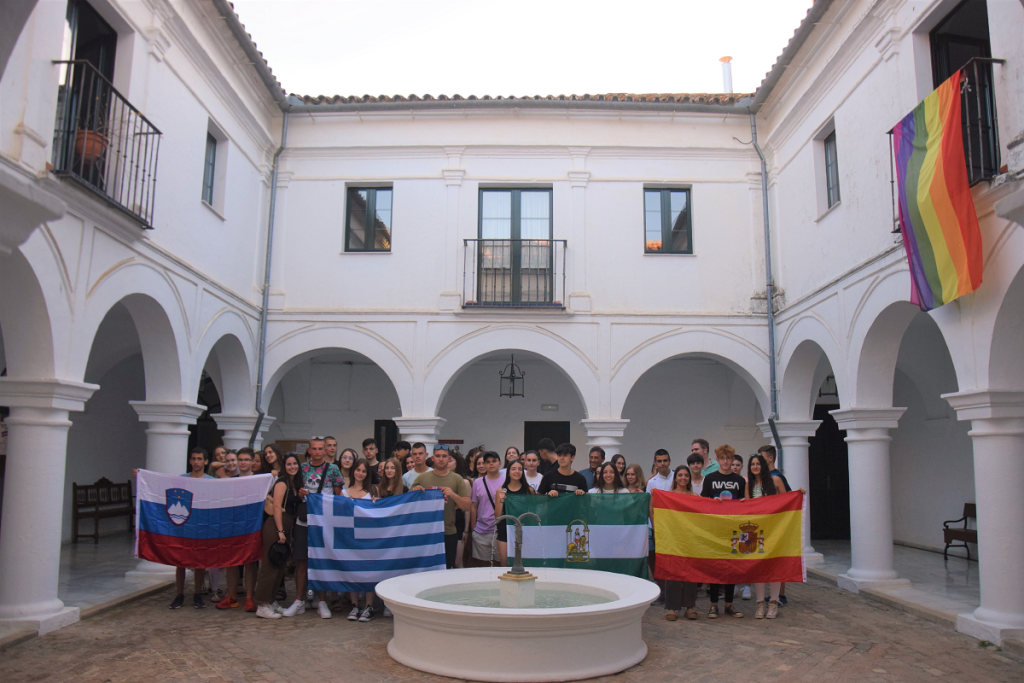
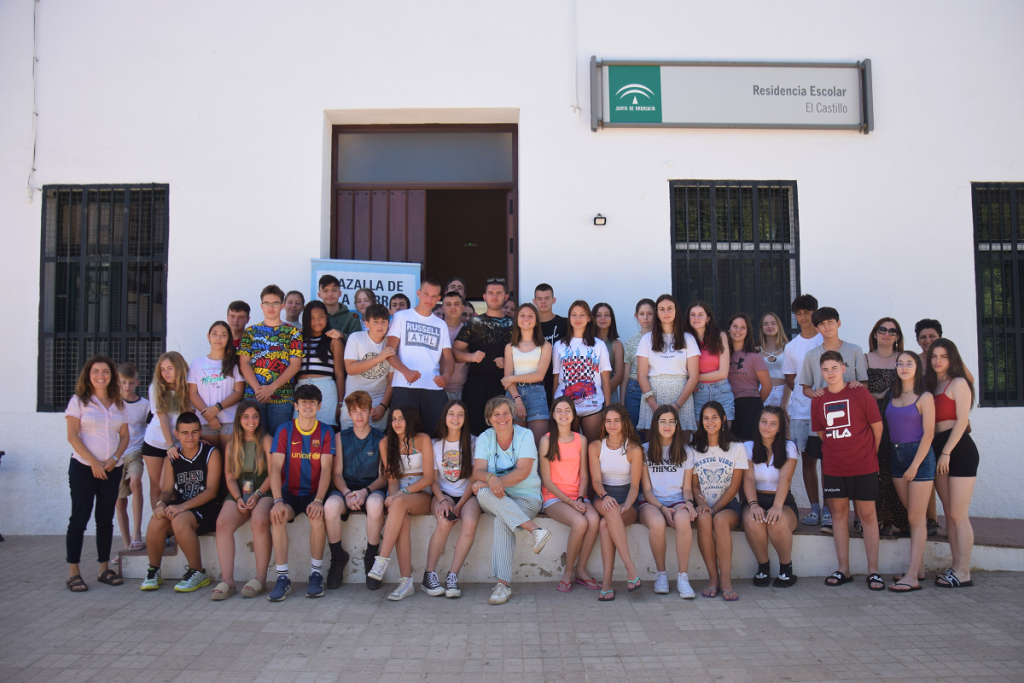
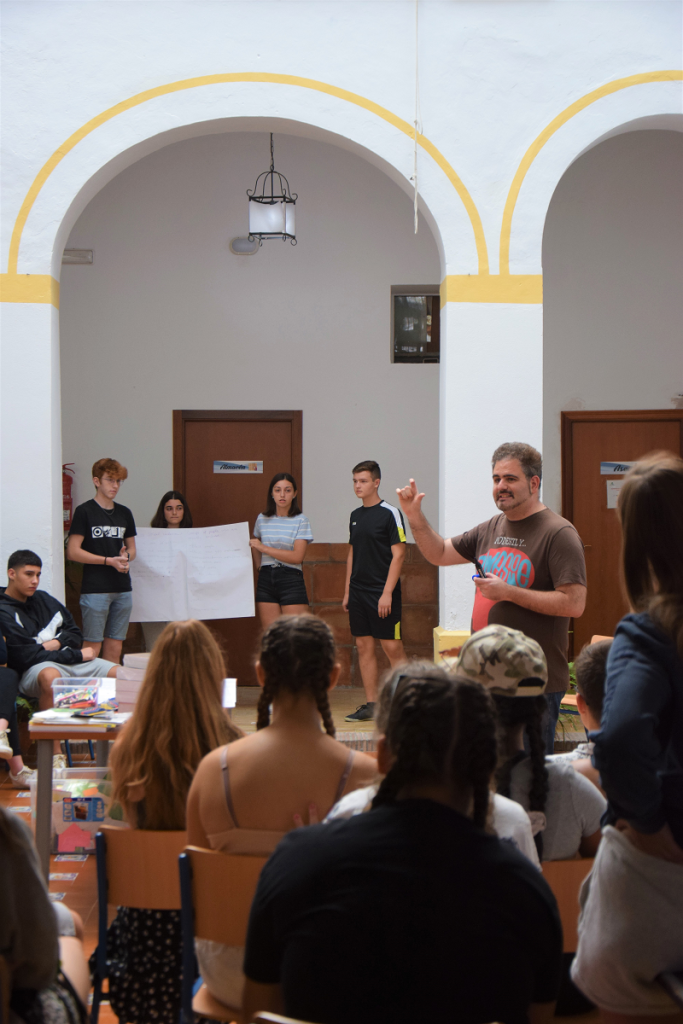
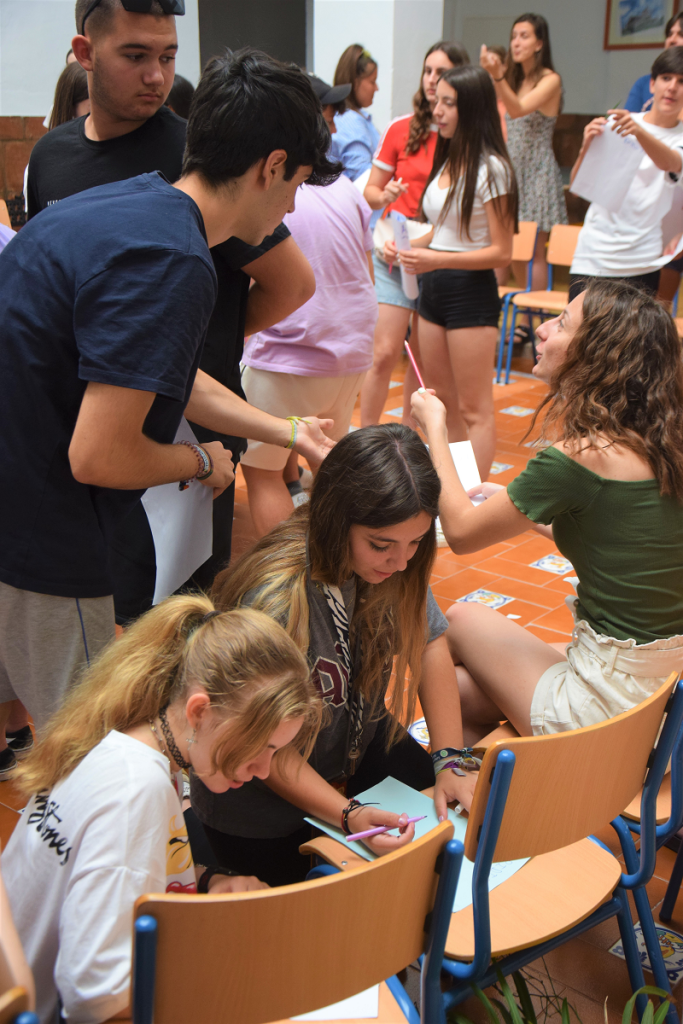
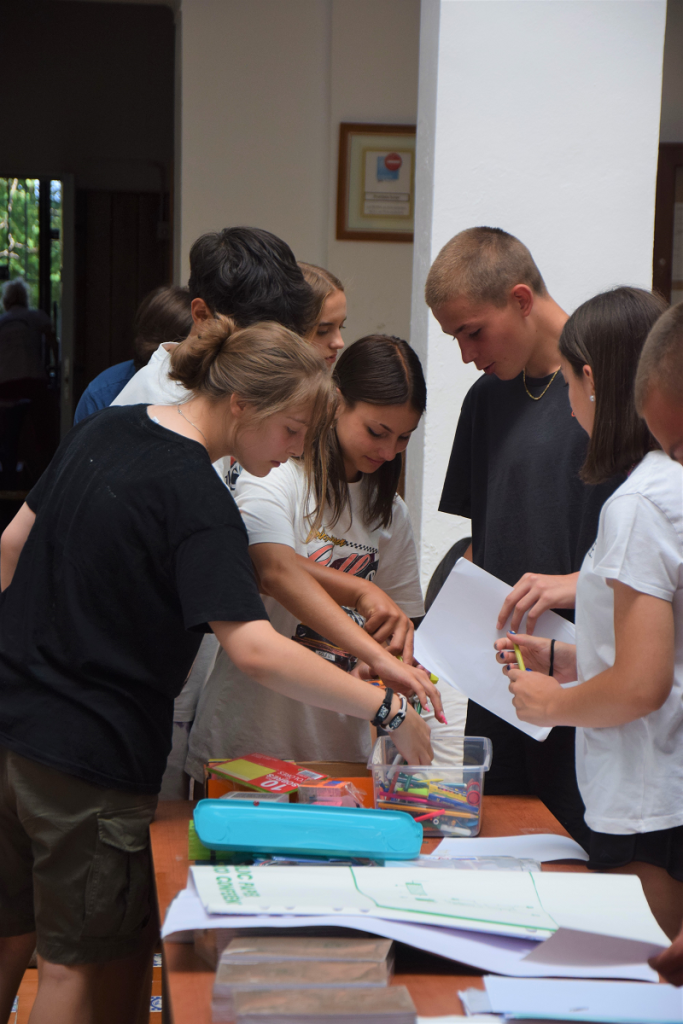
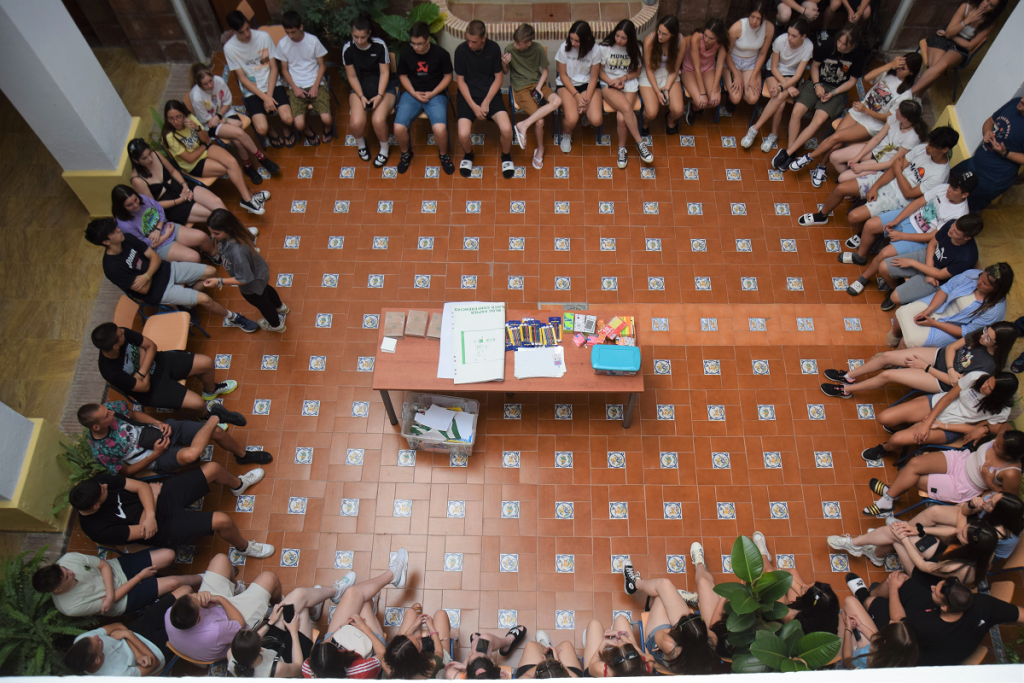
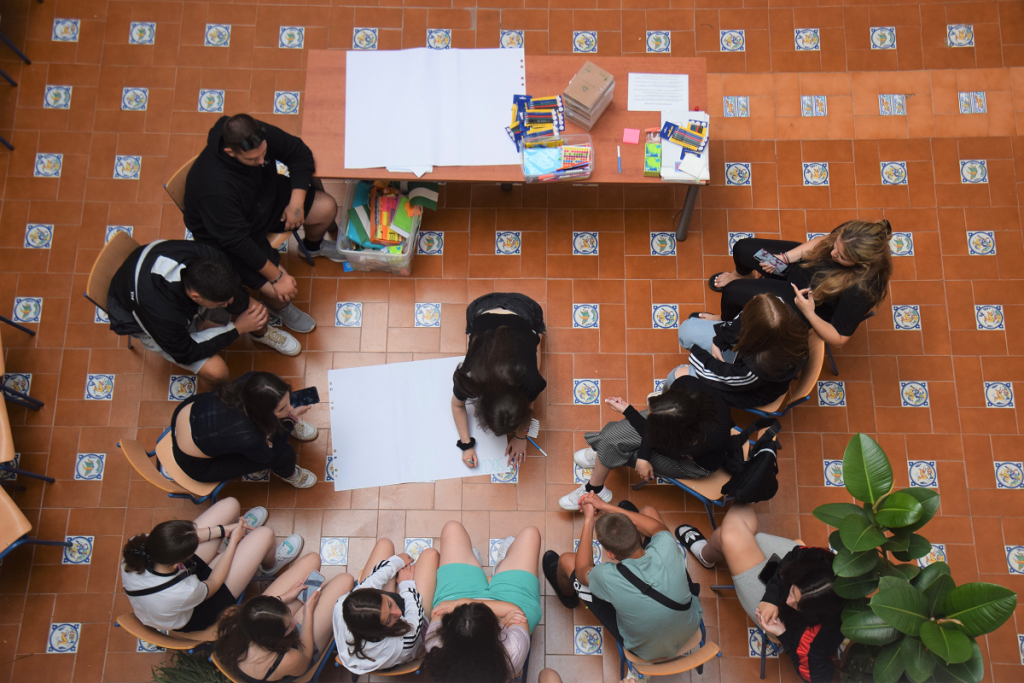
The Skills for Teams project is co-financed by the ERASMUS+ programme of the European Union and will be implemented from February 2022 to February 2024. This website and the project’s content reflects the views of the authors and the European Commision cannot be held responsible for any use which may be made of the information contained therein.
(Project Code: 2020-2-SI02-KA105-015634)

